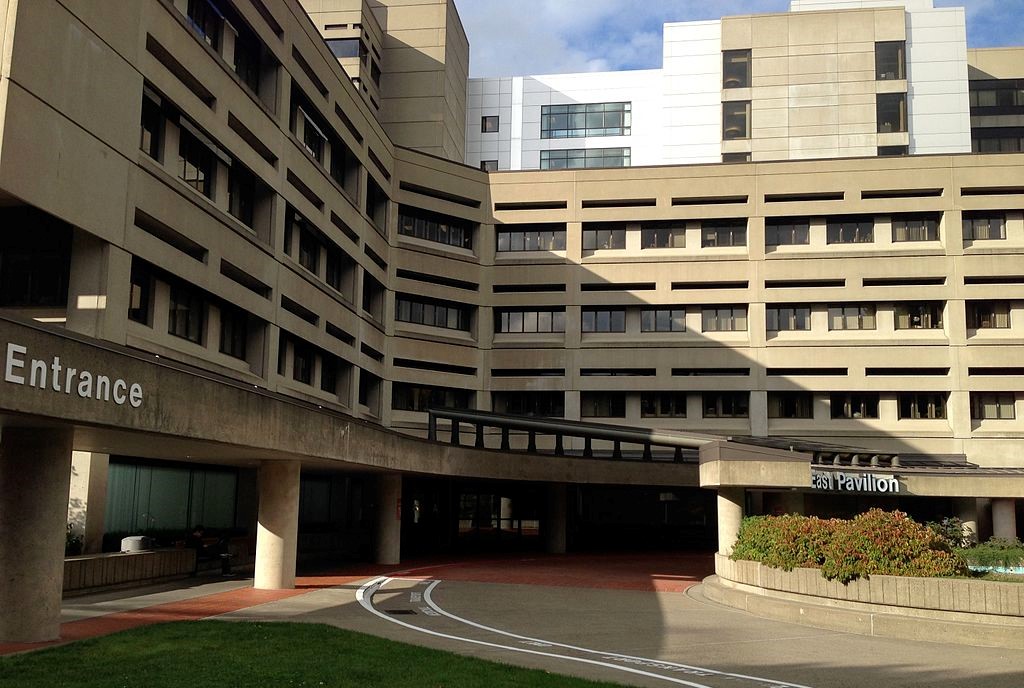Capital Chatter: Transportation bill hits reality roadblock
Published 6:58 pm Thursday, June 19, 2025

- capital chatter logo
The big boom coming from the Oregon Capitol this week was the sound of reality colliding with the Legislature’s multi-billion-dollar transportation bill.
Proposed amendments flew too fast for members of the transportation committee to absorb. The minority Republicans remained staunchly opposed. The supermajority Democrats were split. The presiding officers’ hands-on approach had yet to pan out. Meeting after meeting was canceled or rescheduled. Talks occurred behind closed doors.
“It’s a balance between utter chaos and earnest negotiations,” Rep. Paul Evans, D-Monmouth, told me Thursday afternoon by phone.
A few minutes into our conversation, House Speaker Julie Fahey, D-Eugene, arrived to discuss the bill with Evans. Afterward, he reiterated his prediction that the transportation package had a 60-40 chance of becoming law, up from only 50-50 a couple of days ago.
Evans and Sen. Mark Meek, D-Gladstone, were among members of the Joint Committee on Transportation Reinvestment who asked tough questions and made pointed comments when proposed revisions to House Bill 2025 were unveiled Tuesday.
“At the risk of being critical, I’m going to be critical,” Meek said partway through the meeting. “I don’t see how anybody can expect us to vote on this tomorrow or the day after based on everything that was presented in the time we have to digest this – and even to amend it or correct it and make sure it is accomplishing what we are looking at.
“I am frustrated to the highest level, and you can expect a ‘no’ vote out of me right now.”
Sen. Chris Gorsek, D-Troutdale, one of the committee co-chairs, responded, “I hope you won’t rush to judgment on this, and that you will give it a chance, because there’s still a lot more information to come out.”
As lawmakers awaited that information, follow-up committee meetings were canceled on Wednesday and Thursday. An updated meeting was briefly listed on the Thursday afternoon schedule, then disappeared.
The committee now is scheduled to meet at 2:30 p.m. Friday to discuss more changes and possibly pass the bill. As of mid-afternoon Thursday, at least 22 amendments had been proposed for the 102-page bill.
“There’s time to get this right. The presiding officers and the co-chairs need to be willing to work this out and not force an issue,” Meek told me Thursday. “We can get out of this building with a good package, but they need to be reasonable.”
Democrats can pass the bill if all are present and all vote yes. Otherwise, they will need Republican support. Rep. Hòa Nguyễn, D-Portland, has been absent for weeks with severe illness.
Friday will be the Legislature’s 151st calendar day. Under the Oregon Constitution, the session may last no more than 160 days and must end by 11:59 p.m. Sunday, June 29.
If Republicans remain dissatisfied with the transportation bill or any other legislation, they can walk out next week without jeopardizing their future legislative service under voter-approved Measure 113. The threshold for being barred from serving a subsequent legislative term is having 10 unexcused absences during one legislative session.
The last big transportation package in the 2017 Legislature was bipartisan — both in support and opposition. House Bill 2017 passed 39-20 in the House, with Fahey among those voting “no.” The Senate vote was 22-7.
That bill unfolded differently. Then-Senate President Peter Courtney, D-Salem, was hands-off, trusting the work of Senate negotiators Lee Beyer, D-Springfield, and Brian Boquist, R-Dallas. Then-House Speaker Tina Kotek, D-Portland, was more involved. The House negotiators were Reps. Caddy McKeown, D-Coos Bay, and Rep. Cliff Bentz, R-Ontario.
Fahey and Senate President Rob Wagner, D-Lake Oswego, are less experienced, as are several other legislative leaders.
It is not clear who is doing what negotiating on HB 2025. With last-minute changes apparently dictated from on high, the process reminds me of the Student Success Act and corporate activity tax that Democratic leaders pushed through the 2019 Legislature.
What will be the fate of HB 2025? Darned if I know.
Many lawmakers will faithfully follow their party’s leadership on the transportation bill. Some retain doubts. Some are withholding judgment until they see the actual wording and understand its potential consequences. Some are making deals. Some feel frozen out of negotiations. Some are troubled by having to vote “aye “or “nay” on legislation they view as the best of the bad ideas.
Lobbyist and former legislator Rick Metsger gave a good analysis this week:
“Weariness, anger, disenchantment, disengagement. These are often the last four stages of the 12-step legislative process.
“With precious few days left in the 2025 session, these stages are on full display in the Oregon Capitol as Democrats continue to roll Republican opposition with narrow party line victories on contentious issues ranging from unemployment payments for striking employees to ever-tighter rent control restrictions on private housing providers.
“They say timing is everything, and for advocates of a robust transportation funding bill, timing could not be worse. …”






